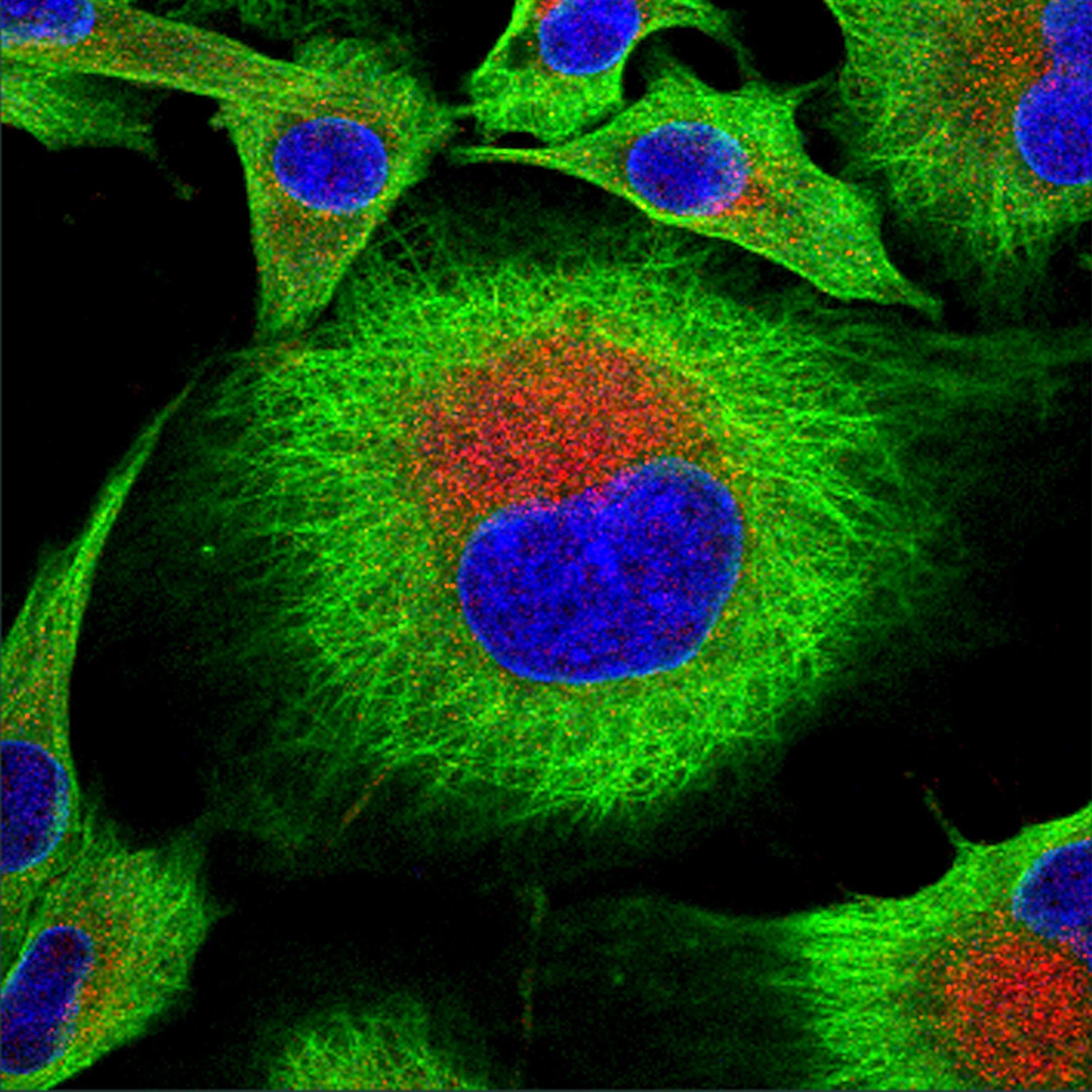Elucidating cryptic dynamics of Theileria communities in African buffalo using a high-throughput sequencing informatics approach
Increasing access to next-generation sequencing (NGS) technologies is revolutionizing the life sciences. In disease ecology, NGS-based methods have the potential to provide higher-resolution data on communities of parasites found in individual hosts as well as host populations. Here, we demonstrate how a novel analytical method, utilizing high-throughput sequencing of PCR amplicons, can be used to explore variation in blood-borne parasite (Theileria—Apicomplexa: Piroplasmida) communities of African buffalo at higher resolutions than has been obtained with conventional molecular tools. Results reveal temporal patterns of synchronized and opposite fluctuations of prevalence and relative abundance of Theileria spp. within the host population, suggesting heterogeneous transmission across taxa. Furthermore, we show that the community composition of Theileria spp. and their subtypes varies considerably between buffalo, with differences in composition reflected in mean and variance of overall parasitemia, thereby showing potential to elucidate previously unexplained contrasts in infection outcomes for host individuals. Importantly, our methods are generalizable as they can be utilized to describe blood-borne parasite communities in any host species. Furthermore, our methodological framework can be adapted to any parasite system given the appropriate genetic marker. The findings of this study demonstrate how a novel NGS-based analytical approach can provide fine-scale, quantitative data, unlocking opportunities for discovery in disease ecology.
